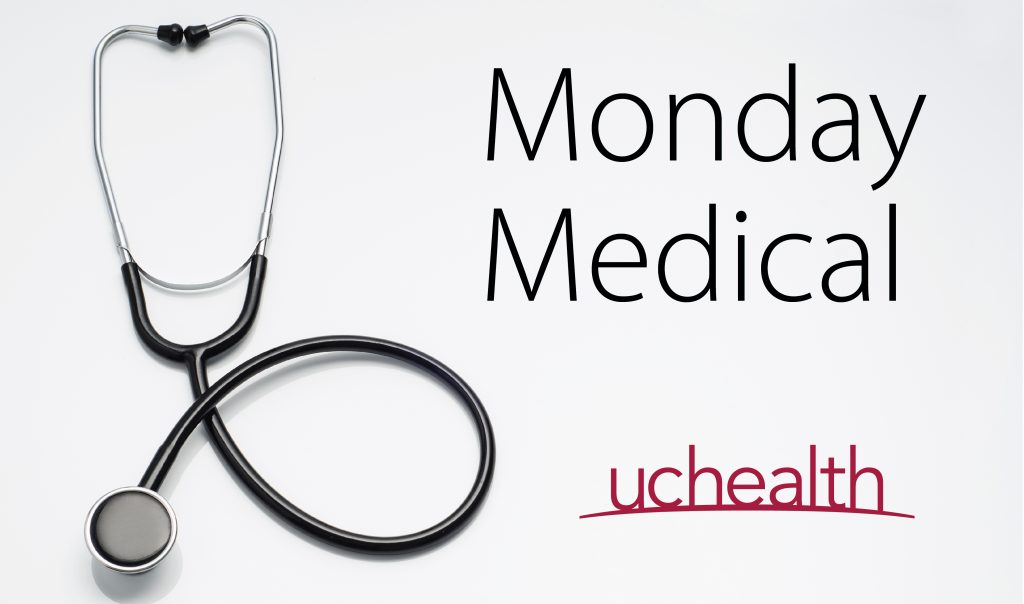
Paying attention to mental health throughout an entire pregnancy, as well as the months after birth, is crucial to help differentiate between the more common “baby blues” as opposed to the more serious condition of postpartum depression and postpartum anxiety.
As many as 80% of parents experience what’s been called the baby blues brought about by the life-changing experience of bringing a newborn home. Hormone fluctuations, changes to sleep patterns and becoming adjusted to new family dynamics can bring about emotional highs and lows during the first few weeks of parenting.
If those feelings become more severe and don’t go away after several weeks, providers suspect a person might be suffering from PPD and/or PPA and may be in need of professional intervention.
“Depression and anxiety can occur both during and after pregnancy and have been stigmatized in the past,” said Miranda Salky, a certified nurse midwife at UCHealth Women’s Care Clinic in Steamboat Springs. “Now, people are much more open to talking about it — we want them to realize they are not alone.”
Salky is passionate about the importance of mental health care during and after pregnancy, and wants the community to be educated and more aware of it.
What is PPD and PPA?
PPD and PPA may include being overwhelmed with sadness and having difficulty completing normal, everyday tasks, and can be accompanied by an inability to take care of yourself and your child, according to Salky. It occurs in about one in eight people, and it can happen to partners too, not just to the person who physically gave birth.
Other symptoms might include:
- Changes in eating habits and sleeping patterns
- Difficulty bonding with the baby or others
- Persistent anxiety and feelings of depression
- Overall lack of interest in anything
- Feelings of self-harm or harming the baby
An important component of successful treatment includes patients and their partners communicating with providers during a pregnancy to try to head off serious problems before they occur. This can be done through sharing any risk factors that could put someone at higher risk for PPD or PPA, including a past history of mental health disorders.
“One of the first steps is being open and willing to share what’s going on during a pregnancy,” said Salky. “Partners can be a valuable asset during this time by helping assess how the other person is doing and reaching out to practitioners with questions and concerns.”
Who’s at risk?
Health care providers screen patients during pregnancy, after a baby’s birth and at postnatal visits to try and gauge for those who might be at a higher risk for depression. Other factors contributing to someone more likely to suffer from PPD and PPA include a history of mental health disorders, inadequate family support, unstable housing and/or financial instability. Having had a baby admitted into a neonatal intensive care unit or having experienced infant loss are also risk factors.
“While there are certain contributors that put people at a higher risk, we know it can happen to anyone and there’s no shame or judgment in it,” said Salky. “We want to get people the help and support they need. We spend a lot of time educating people throughout pregnancy and especially when they are discharged from the hospital, so they are not surprised or feel guilty if they are overwhelmed with depression, anxiety or sadness.”
How to help
For those who experience depression or anxiety after childbirth, Salky recommends exercise, prioritizing sleep, mindful meditation and a healthy, well-rounded diet. Medication is also a good option in many circumstances.
Other resources include:
- Specialists in perinatal mood disorders.
- Support groups:
- The Lactation Club that meets every Wednesday at UCHealth Yampa Valley Medical Center in Steamboat Springs and every Monday at UCHealth Women’s Care Clinic in Craig. Attendees can receive assistance with lactation, meet other parents and build relationships.
- Newborn Network’s Baby Group meets on Tuesdays at Discovery Learning Center in Steamboat.
- Mothers Circle meets Tuesdays at Bud Werner Memorial Library.
- Social workers and hospital case management assistance.
- Postpartum Support International: 1-800-944-4773.
- Suicide/crisis line: 988.
“Patients need to be kind to themselves — do not be afraid to ask for help,” said Salky. “Perhaps cut down on social media use, where everyone you see makes parenting look so glamorous — that doesn’t help with the reality of how things can be for a lot of people.”
